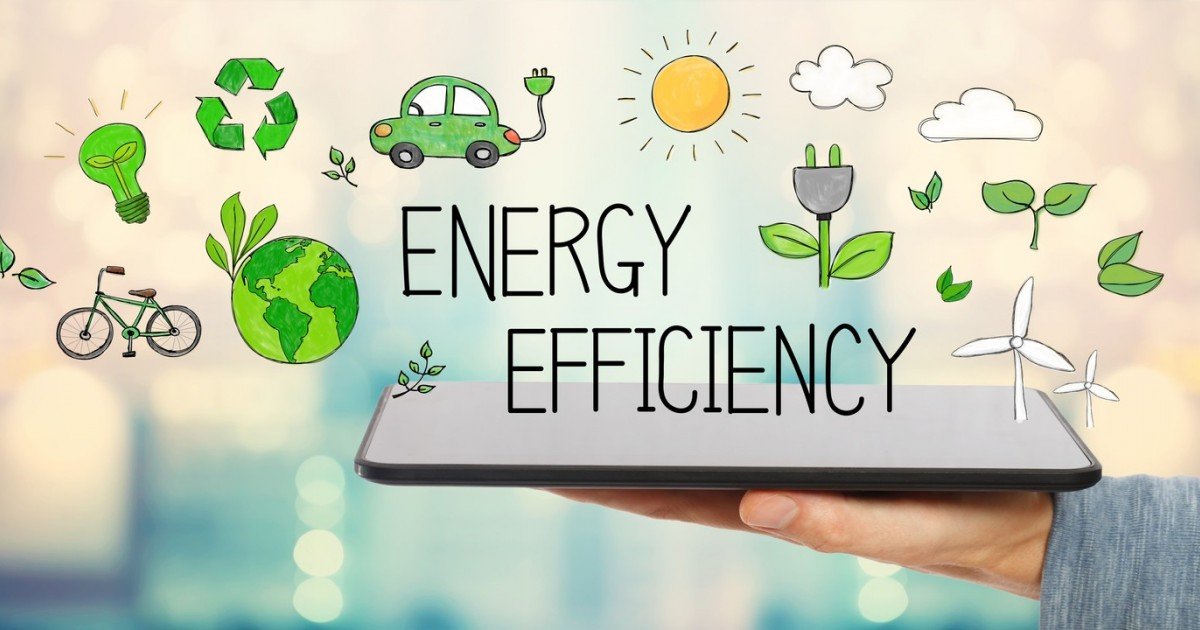In an era defined by rapid technological advancements and growing environmental concerns, the quest for energy efficiency has become a global priority. As the world grapples with the dual challenges of climate change and increasing energy demand, artificial intelligence (AI) has emerged as a transformative force, offering innovative solutions to optimize energy consumption and pave the way for a sustainable future. AI-driven technologies are not only reshaping how we produce and consume energy but are also unlocking unprecedented opportunities to reduce waste, lower costs, and minimize environmental impact.
The Role of AI in Energy Efficiency
AI, with its ability to process vast amounts of data, identify patterns, and make real-time decisions, is uniquely positioned to address the complexities of modern energy systems. From smart grids to predictive maintenance, AI is revolutionizing the energy sector by enabling smarter, more efficient, and adaptive solutions. Here are some key areas where AI is making a significant impact:
Smart Grids and Energy Management
One of the most promising applications of AI in energy efficiency is the development of smart grids. Traditional energy grids are often inefficient, with energy losses occurring during transmission and distribution. AI-powered smart grids, however, leverage machine learning algorithms to analyze energy consumption patterns, predict demand, and optimize energy distribution in real time.
For instance, AI can balance supply and demand by integrating renewable energy sources like solar and wind, which are inherently variable. By forecasting weather conditions and energy production levels, AI ensures that excess energy is stored or redirected efficiently, reducing reliance on fossil fuels and enhancing grid stability.
Predictive Maintenance for Energy Infrastructure
Energy infrastructure, such as power plants, wind turbines, and transmission lines, requires regular maintenance to operate efficiently. Unplanned downtime or equipment failures can lead to significant energy losses and increased costs. AI-driven predictive maintenance uses sensors and IoT devices to monitor equipment health, detect anomalies, and predict potential failures before they occur.
By analyzing historical data and real-time inputs, AI can schedule maintenance activities proactively, minimizing downtime and extending the lifespan of energy assets. This not only improves energy efficiency but also reduces operational costs and environmental impact.
Energy Optimization in Buildings and Industries
Buildings and industrial facilities account for a substantial portion of global energy consumption. AI-powered energy management systems (EMS) are transforming how energy is used in these sectors. For example, AI can optimize heating, ventilation, and air conditioning (HVAC) systems by analyzing occupancy patterns, weather forecasts, and energy prices to adjust settings automatically.
In industrial settings, AI can optimize manufacturing processes by identifying energy-intensive operations and suggesting alternatives. By reducing energy waste and improving operational efficiency, businesses can achieve significant cost savings while contributing to sustainability goals.
4. Renewable Energy Integration
The transition to renewable energy is a cornerstone of global efforts to combat climate change. However, the intermittent nature of renewable sources like solar and wind poses challenges for energy grids. AI plays a critical role in integrating renewables by forecasting energy generation, managing storage systems, and optimizing grid operations.
For example, AI algorithms can predict solar energy production based on weather data and adjust grid operations accordingly. Similarly, AI can optimize the charging and discharging of energy storage systems, ensuring a stable and reliable energy supply.
Consumer Empowerment through AI
AI is also empowering consumers to take control of their energy usage. Smart home devices, such as thermostats and lighting systems, use AI to learn user preferences and adjust settings to minimize energy consumption. Mobile apps powered by AI provide real-time insights into energy usage, helping consumers make informed decisions about their consumption habits.
Moreover, AI-driven platforms can suggest personalized energy-saving tips, recommend energy-efficient appliances, and even facilitate peer-to-peer energy trading within communities. By engaging consumers in the energy efficiency journey, AI fosters a culture of sustainability and responsibility.
Challenges and Opportunities
While the potential of AI-driven solutions for energy efficiency is immense, several challenges must be addressed to fully realize their benefits. These include data privacy concerns, the high cost of AI implementation, and the need for skilled professionals to develop and manage AI systems. Additionally, the energy sector must navigate regulatory and policy frameworks to ensure the ethical and equitable use of AI technologies.
Despite these challenges, the opportunities presented by AI are undeniable. Governments, businesses, and research institutions are increasingly investing in AI to drive innovation in the energy sector. Collaborative efforts between stakeholders can accelerate the adoption of AI-driven solutions, creating a more sustainable and energy-efficient future.
The Road Ahead
As the world moves toward a low-carbon future, AI-driven solutions will play a pivotal role in shaping the energy landscape. By optimizing energy systems, reducing waste, and enabling the seamless integration of renewables, AI is not just a tool for efficiency—it is a catalyst for transformation. The convergence of AI and energy efficiency represents a paradigm shift, offering a pathway to meet global climate goals while ensuring energy security and economic growth.
In conclusion, AI-driven solutions are redefining the future of energy efficiency. From smart grids to predictive maintenance and consumer empowerment, AI is unlocking new possibilities for sustainability. As we harness the power of AI, we move closer to a world where energy is not only abundant but also intelligent, efficient, and environmentally responsible. The future of energy is here, and it is powered by AI.
